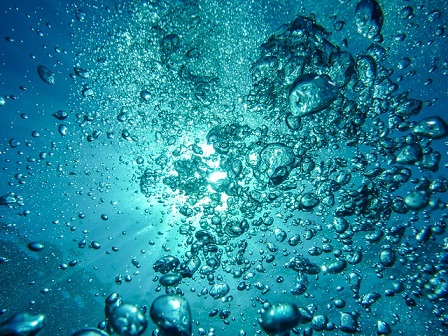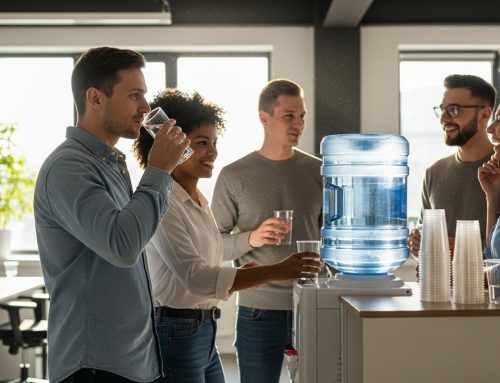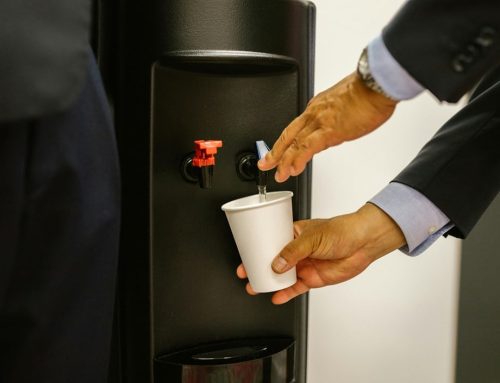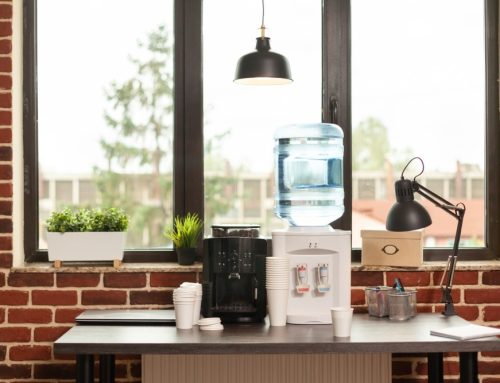 By now most of us have heard of carbon neutrality. Many large organisations, businesses and individuals are taking action to reduce their carbon footprint by using as few fuels like oil, coal, and gas as possible, thereby removing as much carbon dioxide from the atmosphere as possible.
By now most of us have heard of carbon neutrality. Many large organisations, businesses and individuals are taking action to reduce their carbon footprint by using as few fuels like oil, coal, and gas as possible, thereby removing as much carbon dioxide from the atmosphere as possible.
Carbon neutrality means decreasing our carbon footprint on the earth by removing as much carbon dioxide from the atmosphere as we put in, in order to combat global warming and climate change, with the hope of eventually achieving a zero carbon footprint.
Is There Such a Thing as Water Neutrality?
While much is known about carbon neutrality, the concept of water neutrality is still relatively new and there is much controversy surrounding the idea, with Some experts saying that water neutrality is nothing more than a vague and increasingly irrelevant idea.
According to a report in GreenBiz, “Water is not carbon. Attributes of water are location-specific and as a result, water is not fungible. Water has many attributes, including cost, location, quality (numerous kinds), time, value and values (how people relate to water) and “It is tempting for companies to establish a water neutrality goal. However, actions to reach this goal must be tailored to watershed specific conditions. A uniform set of tactics doesn’t translate readily everywhere.”
Many large corporations are buying into water neutrality and, realising that water-scarcity could be very detrimental to their business, are actively working to achieve water neutrality. One of the largest corporate proponents of water neutrality is Coca-Cola which has, according to CEO Muhtar Kent, already replaced 52% of the water used in making their beverages and are reducing water usage across their 800-plus bottling plants in an attempt to achieve water neutrality by 2020.
The New York Times recently reported, “The concept of ‘water risk is catching on as a way of thinking about potential exposure not just to shortages or deluges, but also pollution, regulatory troubles or increases in the prices of water and water-dependent raw materials. [Source: New York Times]
According to an Ernst & Young report, 53% of the top 500 companies world-wide have already been negatively affected by water problems; “Industries such as beverages, biomass, food, and agriculture, and chemicals that rely on plentiful water are particularly exposed to the risks of water shortages or poor water quality.” [Source: Ernst & Young]
In my opinion, whether the concept of water neutrality is a myth or not, corporations attempting to save water, cause less pollution and planting trees can never be a bad thing, so I say go ahead!
Buy water coolers or rent water dispenser for your company from Living-Water. Get water cooler rental in London.





